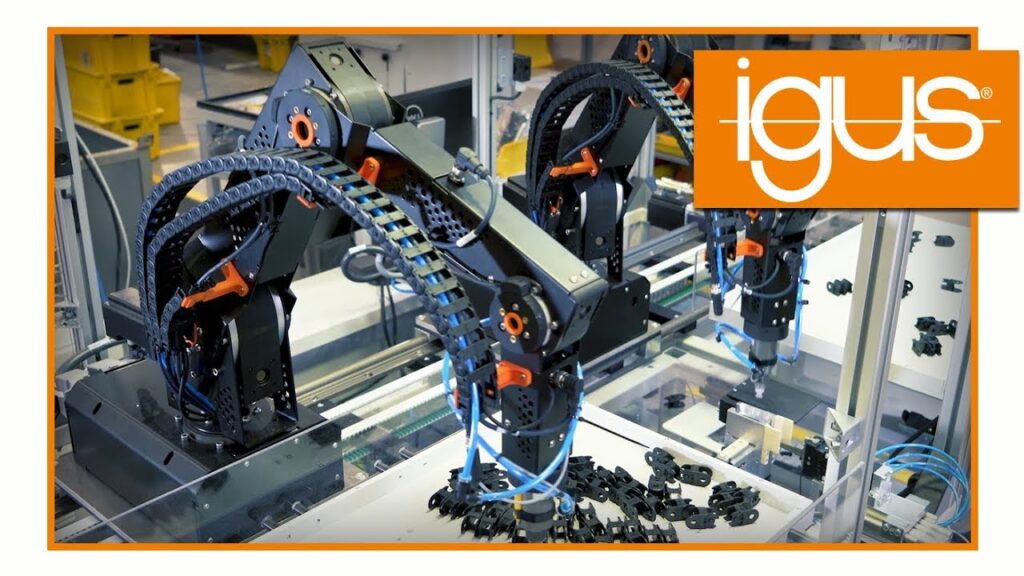Easy Automation: Optimizing Your Manufacturing Process
The manufacturing industry has come a long way in recent years, with advancements in technology revolutionizing the way products are made. One such technological innovation that has had a significant impact on the manufacturing process is industrial robots. These robots have revolutionized the way factories operate, streamlining processes, increasing efficiency, and reducing costs. In this article, we will explore the applications of industrial robots and how they are transforming the manufacturing industry.
Industrial robots are programmable machines that can perform tasks autonomously or with minimal human intervention. They are designed to handle a variety of tasks, from simple repetitive actions to complex operations that require high precision. These robots are used in various industries, including automotive, electronics, pharmaceuticals, and food processing.
One of the key advantages of industrial robots is their ability to work tirelessly and consistently without fatigue. They can operate continuously, ensuring high productivity and minimizing errors. Additionally, industrial robots are highly adaptable and can be reprogrammed easily to perform different tasks, allowing manufacturing processes to be adjusted and optimized quickly.
One company at the forefront of low-cost robotics for industrial applications is igus. igus offers a range of affordable robotic solutions that are designed to improve the efficiency and productivity of manufacturing processes. Their robots are highly flexible and can be easily integrated into existing production lines, making them suitable for small and medium-sized businesses.
The applications of industrial robots are vast. In the automotive industry, robots are commonly used for tasks such as welding, painting, and assembly. They can perform these tasks with extreme precision, ensuring consistent quality and reducing the risk of errors. In the electronics industry, robots are used for tasks such as circuit board assembly and product testing. These robots can handle delicate components with care and accuracy, improving overall product quality.
Another area where industrial robots are making a significant impact is packaging. Robots can efficiently handle and package products, reducing labor costs and increasing production speed. They can also ensure that products are packaged securely and in a consistent manner, minimizing the risk of damage during transportation.
Not only do industrial robots improve efficiency and productivity, but they also enhance workplace safety. By taking over hazardous or physically demanding tasks, they reduce the risk of injury to human workers. Additionally, robots can be equipped with sensors and cameras, allowing them to detect potential hazards and react accordingly, further enhancing safety in the manufacturing environment.
The implementation of industrial robots does not mean the elimination of human workers. Instead, it allows employees to focus on more complex and creative tasks that require human intelligence and ingenuity. By automating repetitive and mundane tasks, industrial robots free up human workers’ time, allowing them to be more productive and innovative.
In conclusion, industrial robots have revolutionized the manufacturing industry, optimizing processes and improving productivity. With their ability to work tirelessly, adaptability, and high precision, these robots have become essential tools in various industries. Companies like igus are leading the way in providing low-cost robotics solutions that are accessible to small and medium-sized businesses. The applications of industrial robots are vast and continue to grow, reshaping the manufacturing landscape. By leveraging the power of industrial robots, businesses can enhance their efficiency, productivity, and profitability, securing a competitive edge in the global market.
Industrial Robot
“Affordable Robotics for Industrial Efficiency: Enhancing Automation and Streamlining Processes”


